Genetics
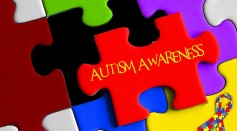
Genetic Mutation May Help Understand Autism

Genetic Study Finds African Elephants Have Two Different Ancestor, Two Different Species
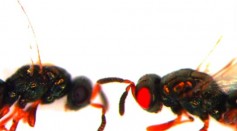
Astonishing Red-Eyed Mutant Jewel Wasps Created By Scientists Through CRISPR Gene-Slicing Technology

Sudden Death In Young People Is Genetic
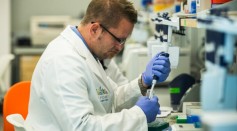
Your DNA May Soon Store Full Length Movie, Game

Science Of Cloning: The Facts You Need To Know
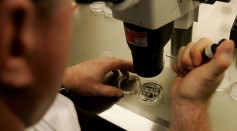
Gene Edited 'Designer Babies' May Be The Solution Of Diseases In Future

Studies Found 200 Genetic Markers Related To Male Pattern Baldness
A New Form of College Rivalry: Genetic Engineering Patents
China Shocks World By Genetically Engineering Human Embryos
New Issue of ‘Science’ Tackles Individualized Immunotherapies and the Future of Cancer Research
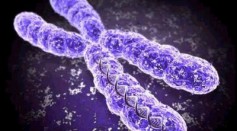
Genetic “Adam” Lived 239,000 Years Ago, Landmark Study Says
Genetic Markers and Immune Response Reveal Origins of PTSD
Clearing the Questions Around PTSD—How Researchers Revealed a New Genetic Link
Most Popular

Plato’s Long-Lost Grave Found Using AI To Decipher Herculaneum Scrolls; Greek Philosopher Had Been Sold Into Slavery: Report

Cancer Risk Surges in Beirut Due to Airborne Carcinogens From Diesel Generators

Kaffa Roastery Partners With AI Consultancy Startup Elev To Create AI-Conic Blend of 4 Coffee Beans

Fake Botox Injections: 22 Sickened, 11 Hospitalized in the US After Undergoing Mishandled, Counterfeit Procedures in Non-Medical Settings, CDC Reports






